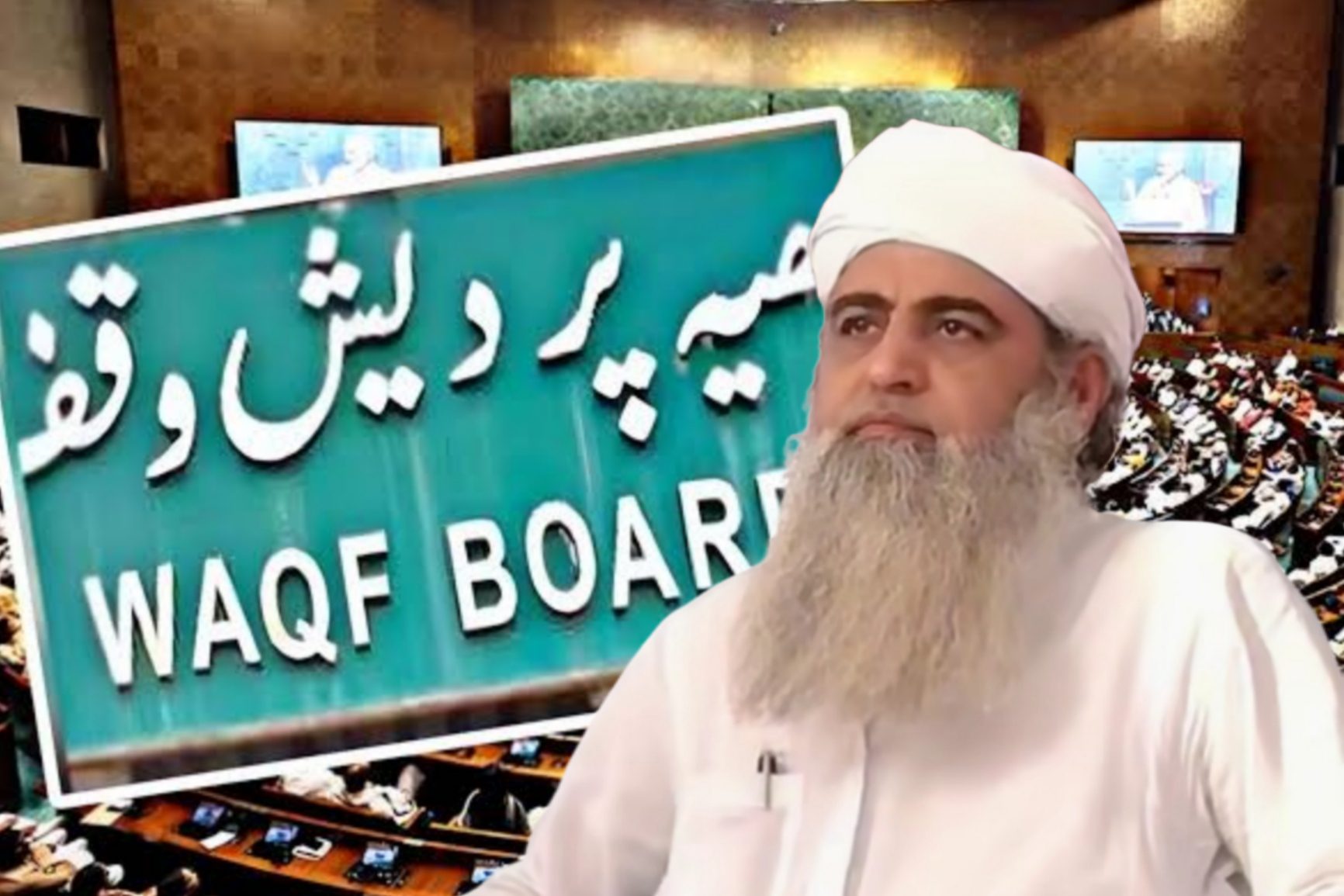A recent remark by Maulana Saad Sahab has created a huge controversy. He said:
Refusing to accept the laws of the country is treason.
Since the publication of this speech, the BJP and Hindutva organisations have started using this remark against the Muslim community. This risks setting a wrong precedent. It was the northern media that first started talking about this issue.

What did Maulana Saad Sahab actually say?
While speaking in his Bayan (speech emphasizing virtues to the people), Maulana Saad Sahab specifically mentioned traffic rules and said the following:
Wearing a helmet while riding a bike, following the rules of the road these are the laws of the Indian government. They are made for safety. We should respect these laws. Islam also tells us to respect these rules.
After saying this, he also makes an important point:
Not respecting the laws of the country properly is anti-national (treason),” he said.
READ MORE: Uttar Pradesh Madrasas Reject Government Recognition
What is the problem now?
What Maulana said was about general laws! He said that traffic rules, public safety laws, etc. should be respected fairly.
But some people are falsely propagating this speech as, “Maulana Saad Sahib spoke in support of the Waqf Act”. That is, false news is being spread that “he said that no law of the central government should be opposed”.
Refusing to accept unjust laws is not treason
Every law in a country must be fair. But, some laws have an impact on a society.
• Some laws are brought for political gain.
• CAA, Farmers’ Act, Waqf Property Act etc. are examples of this.
Opposing these laws is a struggle to protect the autonomy of a society. This is an expression of democratic consciousness, not an anti-national act.
From an Islamic perspective
Islam says that if injustice is committed against any community. it should not be tolerated. Justice, equality, and human rights are very important.
Speaking out against injustice without accepting it is considered a righteous action. If a law is unjust, opposing it is a manifestation of faith.
What is treason?
To be clear, the following are treason:
• Carrying weapons and attacking the country.
• Trying to divide parts of the country.
• Signing agreements with foreign countries and harming the country.
On the other hand, speaking out against laws that harm a community, filing lawsuits, and exercising the right to protest these are all democratic rights.
It is time for Maulana Saad Sahib to reconsider!
Maulana Saad Sahib’s statement,
Whatever his intention, has been misunderstood by some people. Some people have started using that misunderstanding as propaganda against Muslims. For example:
• “Maulana says to accept the government laws completely.”
• “He says that Muslims should not oppose any law.”
These are not true, but they are misinterpreting it and creating difficulties for the people.
What is happening due to this?
Confusion, lack of faith, and apathy are created in the Muslim community. Such a misunderstood speech has become a propaganda tool for anti-Muslim forces.
So… what should be done?
To end this confusion, Maulana Saad Sahib should clarify what he said in his speech. If people misunderstand what he said, he should retract it.
Conclusion
The duty to respect the laws of the country and
the right to oppose unjust laws should be equal for a citizen. To call the exercise of that right “treason” is like rejecting justice and democracy.










